A growing number of Gen Zers are opting out of America's drinking culture, leading to a decline in alcohol sales and a boom in non-alcoholic beverages and experiences. This shift is driven by a combination of factors, including health concerns, a desire for alternative forms of social connection, and a growing awareness of the marketing tactics used to promote alcohol consumption.
A typical weekend for 28-year-old Olivia looks something like this: On Friday night, she'll catch a game, either in the stands or from the comfort of her couch in her home city of Philadelphia. Saturday is for the girls — her book club might go out to brunch or convene at one of their houses. Sunday is for bonus activities like shopping and chores to help get ready for the week. While there might be alcohol at some of those events, Olivia won't be partaking.
She's one of a growing cohort of Gen Zers who are opting out of America's drinking culture.It's a choice that's become increasingly popular in Olivia's peer group. A few years ago, some of her friends would look at her like she was 'crazy' for abstaining at social events. Now, some don't even notice — and more are joining her in cutting out alcohol completely, even in a city with a heavy drinking culture.'I've noticed a lot of my friends have also started to give up drinking, or they're just not interested in spending the money,' Olivia, who works in finance, said. 'They don't like the feeling of it. Part of that I think, is getting older; part of it is it's just not as cool.'This year, Dry January came with a new warning for Americans: The US surgeon general, Dr. Vivek Murthy, published an advisory that said alcohol should come with a cancer warning, as multiple studies pointed to a link between the two — even as many Americans did not recognize it as a potential danger. Alcohol stocks tumbled immediately. But if the fresh warning about alcohol shocked millennials and older Americans, many Gen Zers met it with a shrug.'The younger generations are just a little more risk averse than we were,' Mary Charlton, a professor of epidemiology and the director of the Iowa Cancer Registry at the University of Iowa, told me. 'I think they're a little less fatalistic about things.' If older generations embraced an ethos of 'I'm going to die anyways, I might as well smoke,' Gen Z is rejecting that, Charlton said — or, at least, they're more aware of who's making money off of getting them hooked on those substances.Existential considerations aside, for many younger Americans, drinking has become incidental to a good time. If millennials killed off everything from golfing to casual dining, Gen Z might put the final nail in the coffin of social and economic life centered on alcohol. It's cheaper and more rewarding for them to opt for a different kind of connection. And, for a growing subset of businesses, that could translate into huge dollar signs.Becca Borowski, a 25-year-old Wisconsinite, said that she drank 'way too much' in college. When she was 22, she began getting terrible hangovers and decided she wanted to cut down on her consumption.'I feel like everyone kind of realized after COVID that we don't really have to drink to have fun,' she said, adding: 'That's kind of when I started to realize, oh, I really don't enjoy drinking as much. I kind of just enjoyed more so that everyone was there.'That seems to be a common sentiment among her peer group. Gallup polling found that the share of 18- to 34-year-olds who drink alcoholic beverages has tumbled to a record low.Meanwhile, the share of 18- to 34-year-olds who think even drinking in moderation is bad for health has doubled since the early 2000s. Chloe Richman, a 29-year-old in New York City who cohosts the podcast 'Litty and Sh*tty,' has been sober for nearly a year. Her decision to ditch drinking came after she started watching videos about popular online wellness trends such as 75 Hard and cold plunges.'It really got to me, and I was thinking, oh, that's an easy fix for me,' Richman said.She says she only drank on weekends but would go hard when she did. That meant a lost day on Sundays recovering from the inevitable hangover. So cutting out drinking completely seemed like a logical next step. At first, the decision felt 'extremely isolating' — going out for a drink was an easy option for socializing that no longer existed. But soon, she became 'obsessed with the idea of just treating my body the best it can be,' and decoupled fun from alcohol. These days, her evening activities include going to paint at an art café.The shifting attitudes toward drinking affect not only how Gen Zers spend their time, but it's also had a dramatic effect on how they spend their money. For some businesses, this has become a serious issue: Concert venues are struggling with lower alcohol sales, and some bars are having to pivot their offerings, bolstering their non-alcoholic options and crafting spaces for optimal socializing. At the same time, a Gen Z nonalcoholic economy is quietly booming — and creating an opening for new types of businesses. The global non- and low-alcoholic beverage business has ballooned to $13 billion and is projected to grow even more. An analysis from IWSR found that nonalcoholic drink volume rose by 29% from 2022 to 2023, and the industry is projected to grow by 7% from 2023 to 202
Gen Z Alcohol Consumption Non-Alcoholic Beverages Health Concerns Social Trends Millennial Lifestyle
United States Latest News, United States Headlines
Similar News:You can also read news stories similar to this one that we have collected from other news sources.
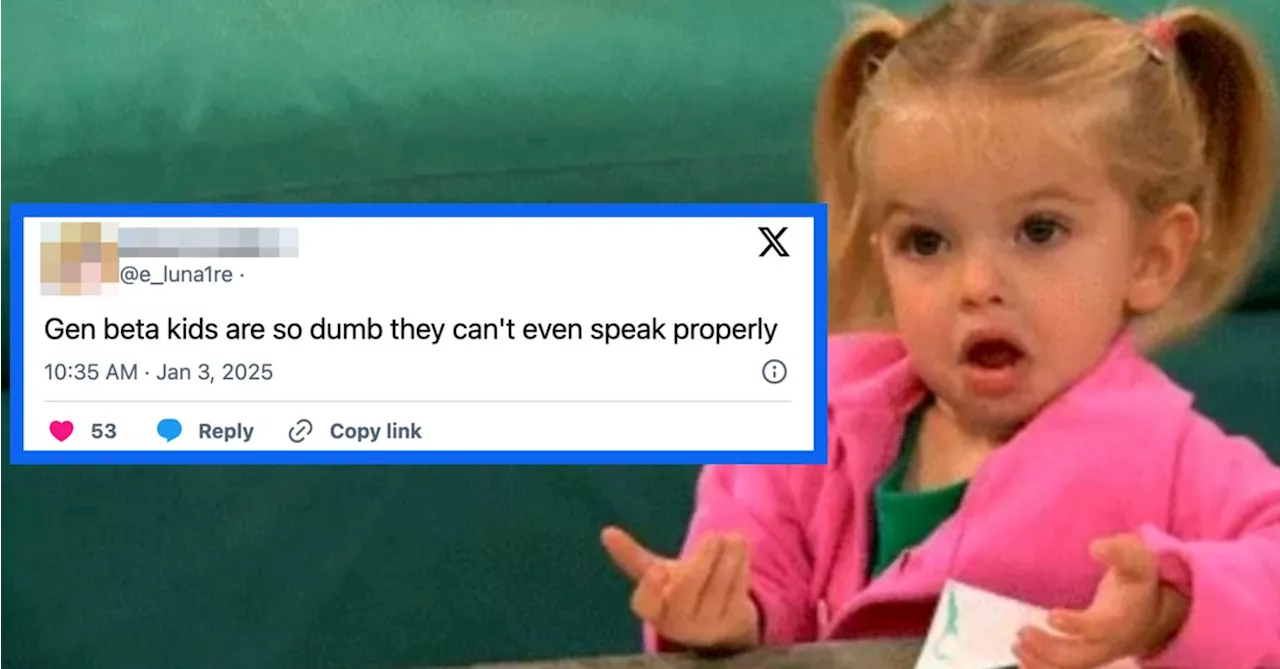 Gen Beta Arrives: Hilarious Reactions From Gen Z OnlineWith the birth of Gen Beta, between 2025 and 2039, Gen Z is officially two generations older, prompting humorous responses online. The article highlights the generational shift and features 19 funny posts from Gen Z as they grapple with the concept of this new generation.
Gen Beta Arrives: Hilarious Reactions From Gen Z OnlineWith the birth of Gen Beta, between 2025 and 2039, Gen Z is officially two generations older, prompting humorous responses online. The article highlights the generational shift and features 19 funny posts from Gen Z as they grapple with the concept of this new generation.
Read more »
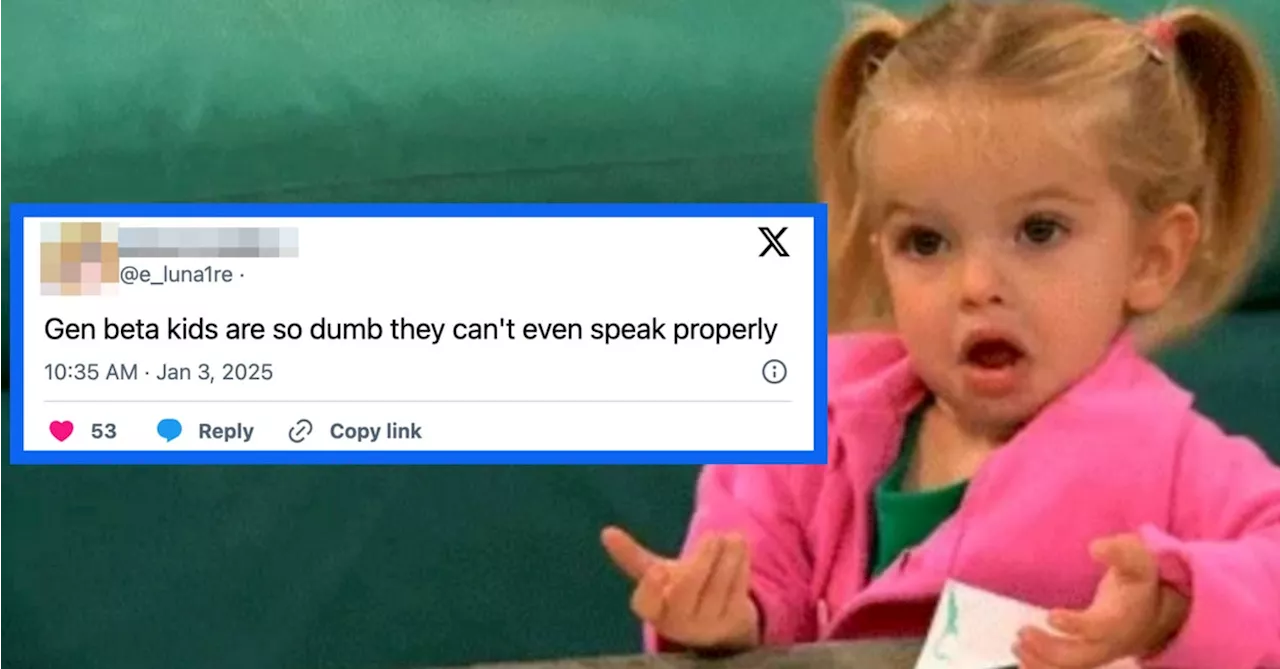 Gen Z Hilariously Roasts the Arrival of Gen BetaWith the official arrival of Generation Beta, born between 2025 and 2039, Gen Z has taken to social media with humorous reactions to being officially two generations old. The article highlights the wit and self-awareness of Gen Z as they grapple with the passage of time and the emergence of a new generation.
Gen Z Hilariously Roasts the Arrival of Gen BetaWith the official arrival of Generation Beta, born between 2025 and 2039, Gen Z has taken to social media with humorous reactions to being officially two generations old. The article highlights the wit and self-awareness of Gen Z as they grapple with the passage of time and the emergence of a new generation.
Read more »
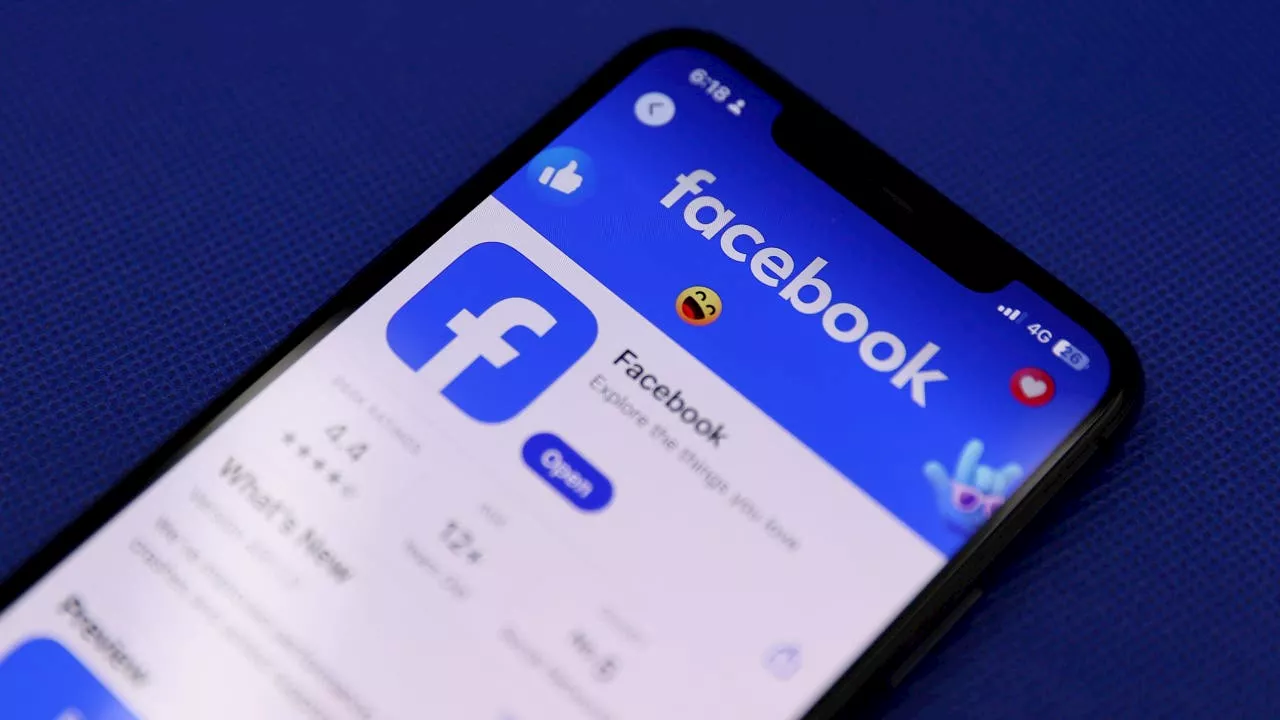 Meta Ditches Fact-Checking, Embraces Community Notes ModelMeta is phasing out its independent fact-checking program in the U.S. and replacing it with a Community Notes system, similar to the one used on X (formerly Twitter). The company claims its previous approach led to excessive censorship and slow responses to misinformation.
Meta Ditches Fact-Checking, Embraces Community Notes ModelMeta is phasing out its independent fact-checking program in the U.S. and replacing it with a Community Notes system, similar to the one used on X (formerly Twitter). The company claims its previous approach led to excessive censorship and slow responses to misinformation.
Read more »
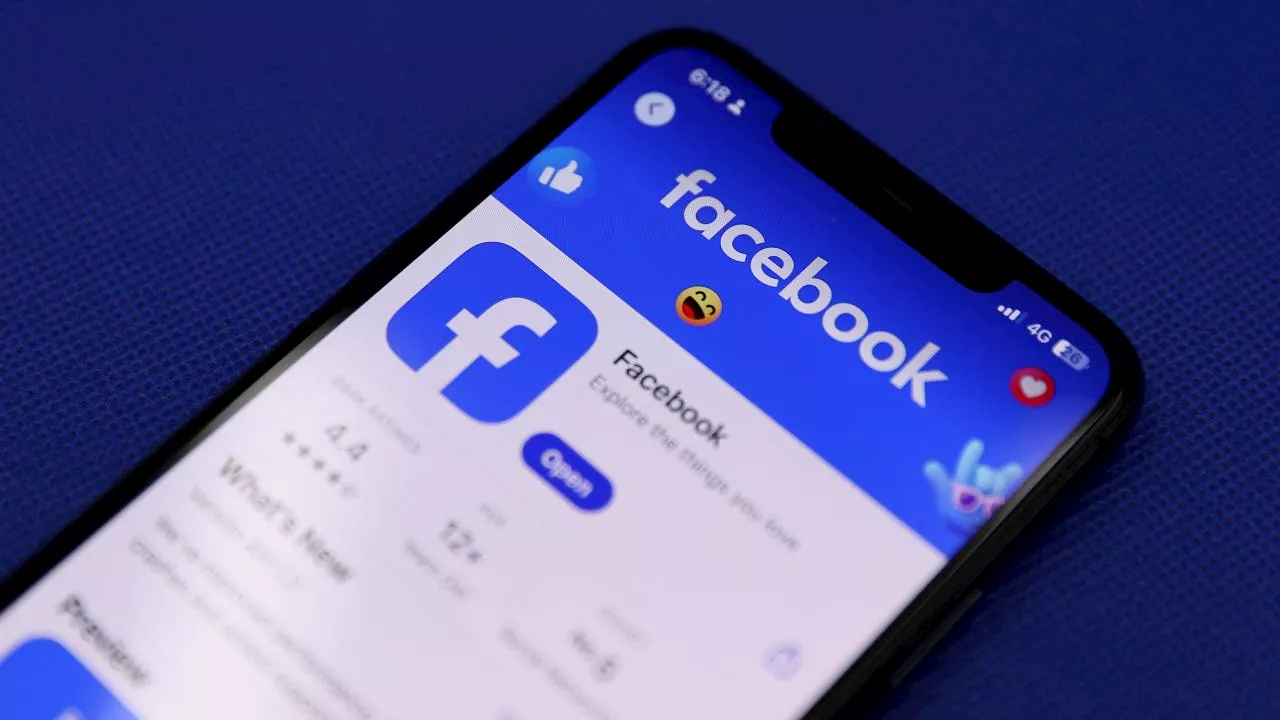 Meta Ditches Fact-Checking, Embraces Community Notes for Content ModerationMeta is transitioning away from its traditional fact-checking program in the U.S. and embracing a community-driven approach similar to X (formerly Twitter). The company cites concerns about over-censorship and slow response times, aiming to empower users to flag potentially misleading content.
Meta Ditches Fact-Checking, Embraces Community Notes for Content ModerationMeta is transitioning away from its traditional fact-checking program in the U.S. and embracing a community-driven approach similar to X (formerly Twitter). The company cites concerns about over-censorship and slow response times, aiming to empower users to flag potentially misleading content.
Read more »
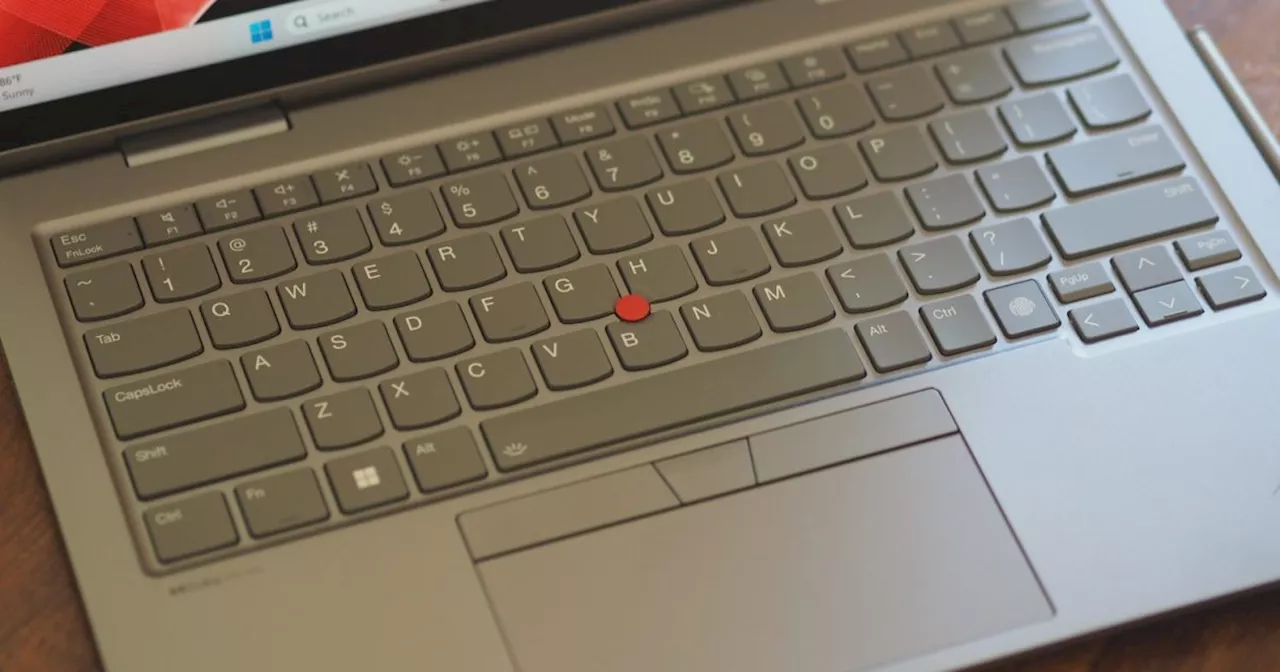 Lenovo Ditches the Trackpoint on Its New ThinkPad X9 LaptopLenovo is phasing out the iconic red Trackpoint from its ThinkPad laptops with the release of the new ThinkPad X9. The company cites a desire for a modern approach and increased functionality as reasons for the change.
Lenovo Ditches the Trackpoint on Its New ThinkPad X9 LaptopLenovo is phasing out the iconic red Trackpoint from its ThinkPad laptops with the release of the new ThinkPad X9. The company cites a desire for a modern approach and increased functionality as reasons for the change.
Read more »
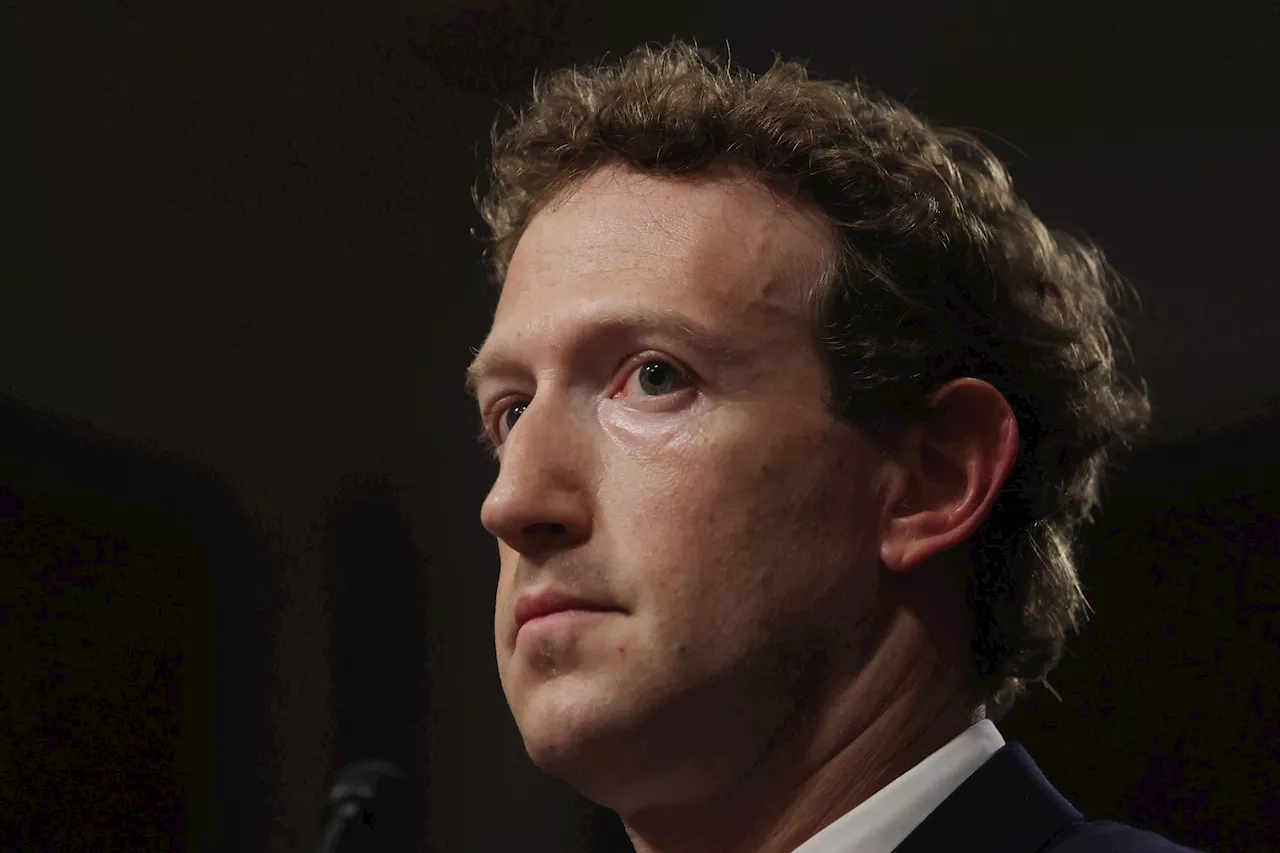 Meta Ditches Fact-Checkers, Embraces Community NotesMeta CEO Mark Zuckerberg announced that the social media giant will discontinue using fact-checkers and instead implement community notes, a feature inspired by Elon Musk's X platform, to correct misinformation. Zuckerberg stated that this move aims to restore free expression, simplify policies, and reduce errors. He criticized fact-checkers for political bias and their detrimental impact on trust, especially in the US. Meta will initially roll out this community-driven approach in the United States.
Meta Ditches Fact-Checkers, Embraces Community NotesMeta CEO Mark Zuckerberg announced that the social media giant will discontinue using fact-checkers and instead implement community notes, a feature inspired by Elon Musk's X platform, to correct misinformation. Zuckerberg stated that this move aims to restore free expression, simplify policies, and reduce errors. He criticized fact-checkers for political bias and their detrimental impact on trust, especially in the US. Meta will initially roll out this community-driven approach in the United States.
Read more »
